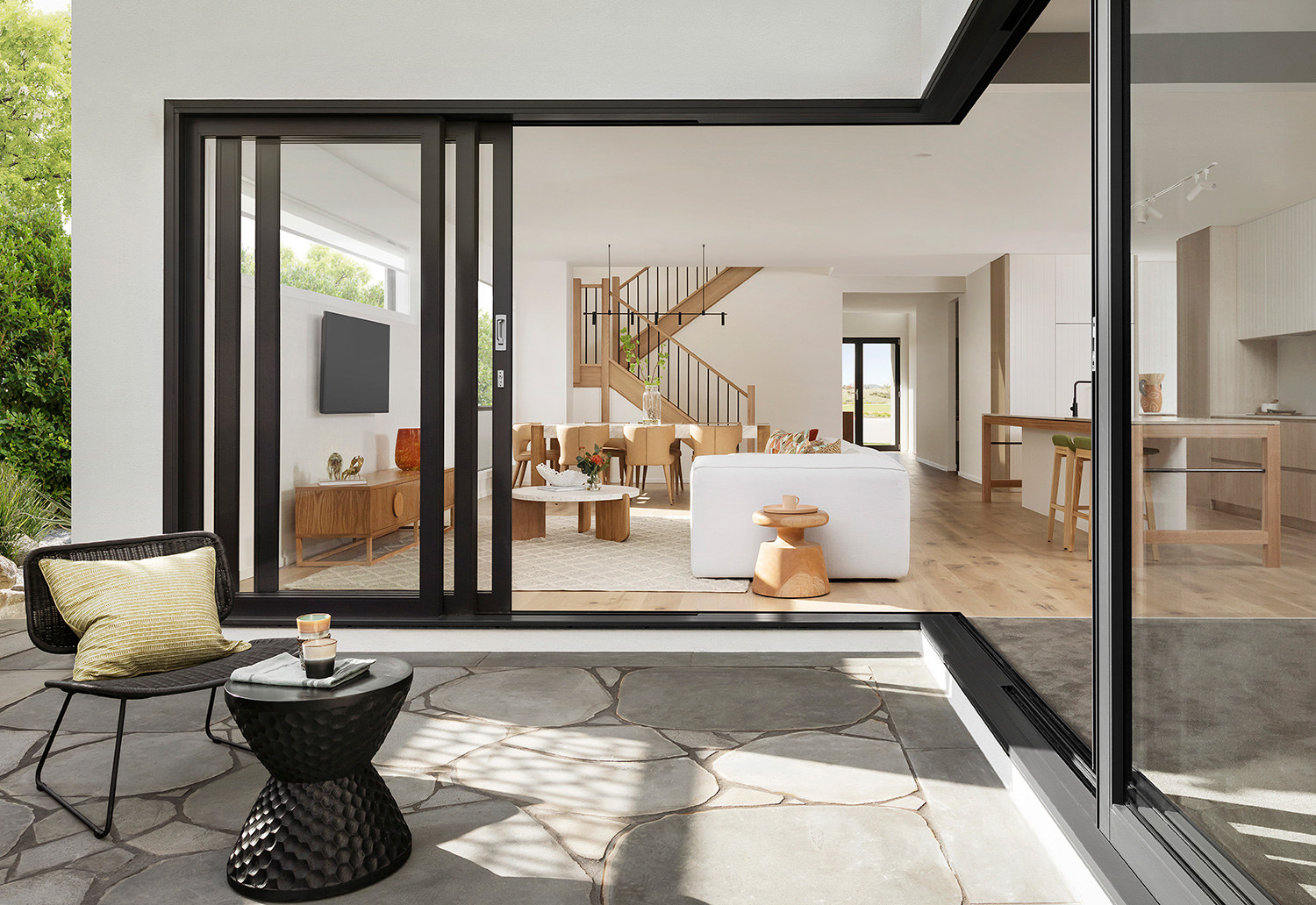Recently I have started to work with CEOs who want to work on how they will transition out of the corporate world. All are very accomplished CEOs who are ready for a new chapter. It’s a positive development – in contrast, to simply making a change in their professional status, these executives want to make an intentional transition to a new chapter in the story of their lives. It’s a complex undertaking and to support these leaders, I have immersed myself in research, learning, and training.
Before we dive in, here’s how I define transition: when you experience significant change(s) in your life, how you manage that change (i.e. what you do and how you show up) determines the quality of the transition.
It helps that I’m also in the middle of my own transition work. While I expect to work for the next ten years, I don’t expect to carry a full workload. Post-pandemic, I now have significant flexibility in where I work from. As one-half of a couple, we are also trying to simplify our lives and set ourselves up for our next chapter, one big question for us is: where and how will we live?
Most immediately, it is asking what kind of surroundings we want to have? This means grappling with questions like:
- Should we live in a big or small city?
- What about living in a retirement community?
- How important is climate?
It is important to generate a list of criteria for where you want to live. Inevitably, I’ve learned that my clients want to:
- Live close to a big airport
- Have access to quality healthcare
- Live in a destination (i.e. some easily accessible location that grandkids will want to visit)
On a more personal note, I’ve struggled with for some time is what to do with a second home I own in Ireland. I’d like to offer up my process as an example of how you navigate the question: where do you want to live?
The process of deciding what to do with that home had all the typical challenges of a transition – the pattern is universal, and it involves:
- Endings
- Uncertainty
- Beginnings

Sonoma, Carrick-on-Shannon
A little background. In the early 2000s, I built Sonoma in my hometown of Carrick-on-Shannon. At that time, my parents were both alive and I would visit “home” three to four times a year. When you live in Phoenix, getting out of Arizona during the summer is a must! For me, having a house across the street from the home I grew up in, was just an amazing escape to enjoy during the brutal summer months in Arizona. Back in 1998, my employer started to allow me to telecommute. When I’d visit Ireland I could spend time with family during the day and then buckle down to work in the early evening. Nothing gave me more joy than to take my Dad to lunch every day.
Not only did I have my own place to escape to, but we have also had many of our American friends travel with us and stay in the house. I have offered it to many of my friends who have also stayed there. It was my slice of my homeland. It was also where I lived for several months after my mother died. It was my “bolthole” when one was needed – especially with the political and social instability in my adopted homeland. For many years, my home was a security blanket.
Now I advise my clients to navigate one aspect of a transition at a time. As we grappled with the question: “where do you I want to live?” I’m no different! It turns out the answer for us, is that we’d like to live part-time in Canada, not Ireland. Once this decision was made, I had the following “phases” of working through the transition. I’d like to report that they are NOT linear phases – at any point I could be engaged in any one of the three phases.
- Endings and Emotions. When you “leave” or end something, you are usually filled with emotions that have to be managed. For example, research suggests that fear, sadness and shame are the most common emotions associated with transitions. In my case, I had to process quite a bit of sadness. This was the severing of a tie to my homeland.
- The Messy Middle. For the past three years we’ve spent more time in Canada than I have in Ireland. My father passed away in 2016, I felt less compulsion to travel home to Ireland. We were also exploring Canada (and in two years, we bought/sold 3 different homes). It was messy, there was uncertainty. There is no shortcut through that uncertainty. Sometime I’ll tell you about the retirement community we bought into, we sold that home two months after we purchased it!
- New Beginnings. Thanks to the pandemic, I’ve spent 5 of the last 12 months in Canada. Yes, I had all the emotions and uncertainty, but there is also excitement about spending the next few years living in the Okanagan Valley. I have a lot to learn and it’s important to stay open-minded, explore new things, remain curious and take risks.
Hopefully this short article provides you with a framework for thinking about transition. The pattern is universal and you can apply it to the many questions about transition that include:
- Where should we live?
- What is my purpose?
- What will I do professionally?
If you’d like to learn more about how I might support you through your transition to a new chapter in life, please email me at damian(a)damienfaughnan.com
